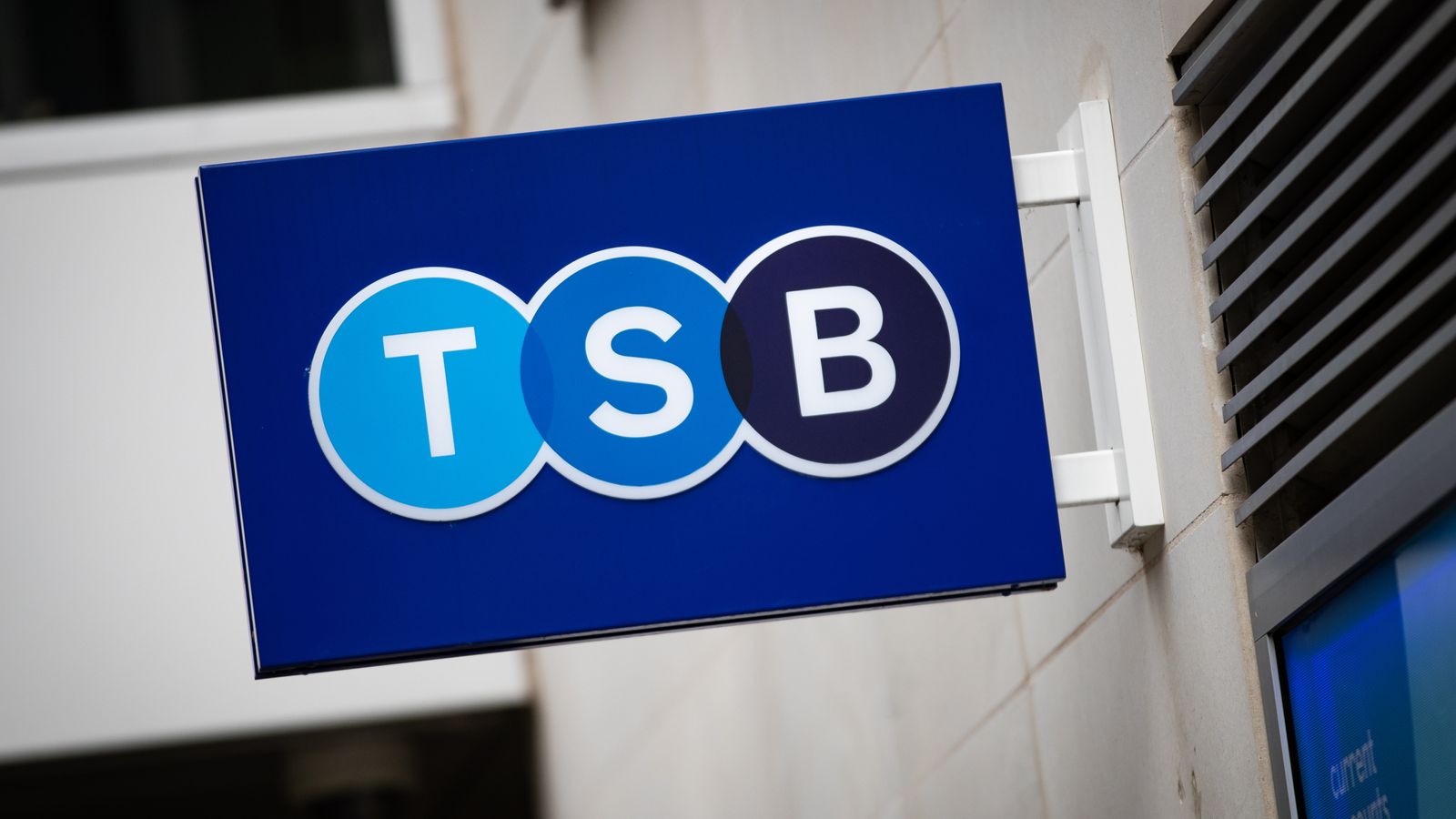
Saudi Arabia is optimistic about gaining access to U.S. chipmaker Nvidia’s high-performance chips, which would enable it to develop and operate the most advanced artificial intelligence models.
Speaking to CNBC on Thursday, a top official at the Saudi Data and AI Authority, Abdulrahman Tariq Habib, said the kingdom expected to make such a stride in the next year.
“I think within the next year,” Habib, Deputy CEO of SDAIA’s strategy management office, told CNBC’s Dan Murphy after being asked about a potential timeline. It’s a significant expectation given that the United States’ strict export controls have thus far prevented the chips’ export to the kingdom. Habib made the comments on the sidelines of GAIN, Saudi Arabia’s international AI summit, which took place in Riyadh this week.
It “will mean a lot” for Saudi Arabia to have access to the chips, Habib said — in this case, the Nvidia H200s, the firm’s most powerful chips, which are used in OpenAI’s GPT-4o.
“It will ease business between Saudi and U.S.,” he said. “It will also open a lot of doors for building the capability, the computational capabilities, in the kingdom. But most importantly, it’s not only the computational capability that’s important. We worked hard in the past three years in building capacity, in human capacity, we also build data capacity as well. So we are working and collaborating with all [of the] international community and contributing [to] be one of the top active countries in data analysis.”

Saudi Arabia is pouring considerable investment into developing a robust AI ecosystem in the kingdom, disclosing in a report by SDAIA that it aims to have AI make up 12% of its gross domestic product by 2030. According to the report, published on Sept. 9, the kingdom’s $925 billion Public Investment Fund will lead the investment.
Those efforts are part of Vision 2030, an initiative launched by Saudi Crown Prince Mohammed bin Salman to modernize the Saudi economy and diversify its revenues away from oil.
In March, sources confirmed to CNBC that the PIF was in talks with American venture capital firm Andreessen Horowitz and potentially others to create a $40 billion fund to invest in AI.
U.S. chip export restrictions
The news that the U.S. government is considering easing its export rules to allow Saudi Arabia access to the coveted chips — first reported by Semafor — is an indicator of the positive relationship between Riyadh and Washington in the AI space, Habib said.
“It shows the collaboration and the work that we do with the international organization overall, and the U.S. in specific,” he said. “And that shows also the understanding of how Saudi is an emerging powerhouse in AI, in investment and in producing products in AI, with the with U.S.”
A Nvidia chip displayed at the Mobile World Congress in Shanghai on June 26, 2024.
Strs Afp | Getty Images
The Biden administration imposed a series of restrictions on chip exports in the last two years an effort to prevent Chinese access to them. In May, it broadened those restrictions, introducing a requirement that firms obtain a special U.S. government license to export advanced semiconductors and chipmaking material to many countries in the Middle East, including Saudi Arabia and the United Arab Emirates.
The curbs stemmed from national security concerns over Riyadh’s close relationship with Beijing. China is Saudi Arabia’s largest trading partner, and is a significant investor in Vision 2030. Between 2016 and 2020, Chinese arms exports to the kingdom increased by nearly 400% from the previous five-year period, according to the Gulf Research Center.
The Saudi government is reportedly working to meet Washington’s demands with regard to its relationship with China and the U.S.’ security concerns, while also keeping the door open to Beijing in the event that the U.S. refuses to export its chips to the kingdom, the Semafor report said.
CNBC has contacted the U.S. Department of Commerce for comment.












